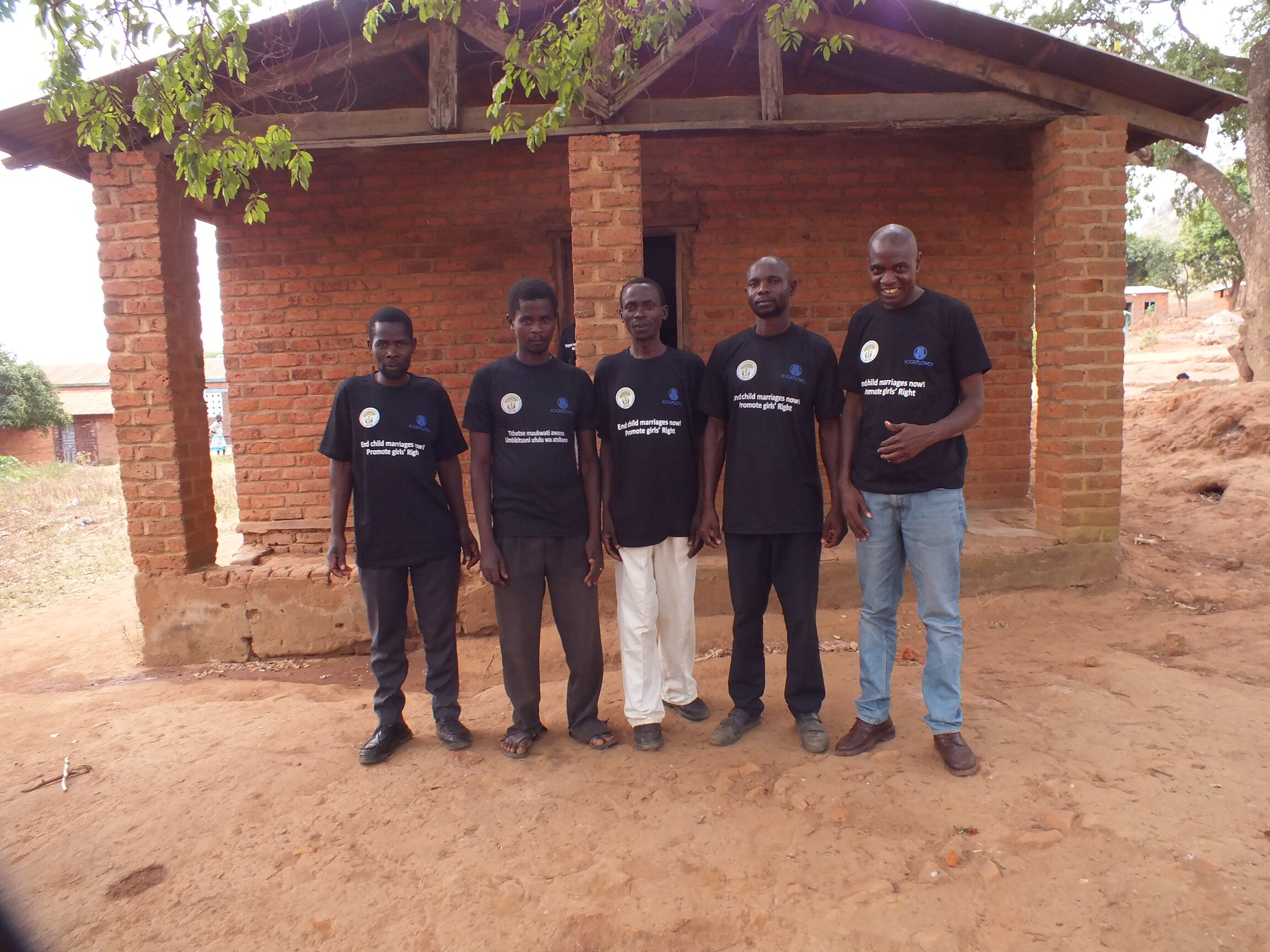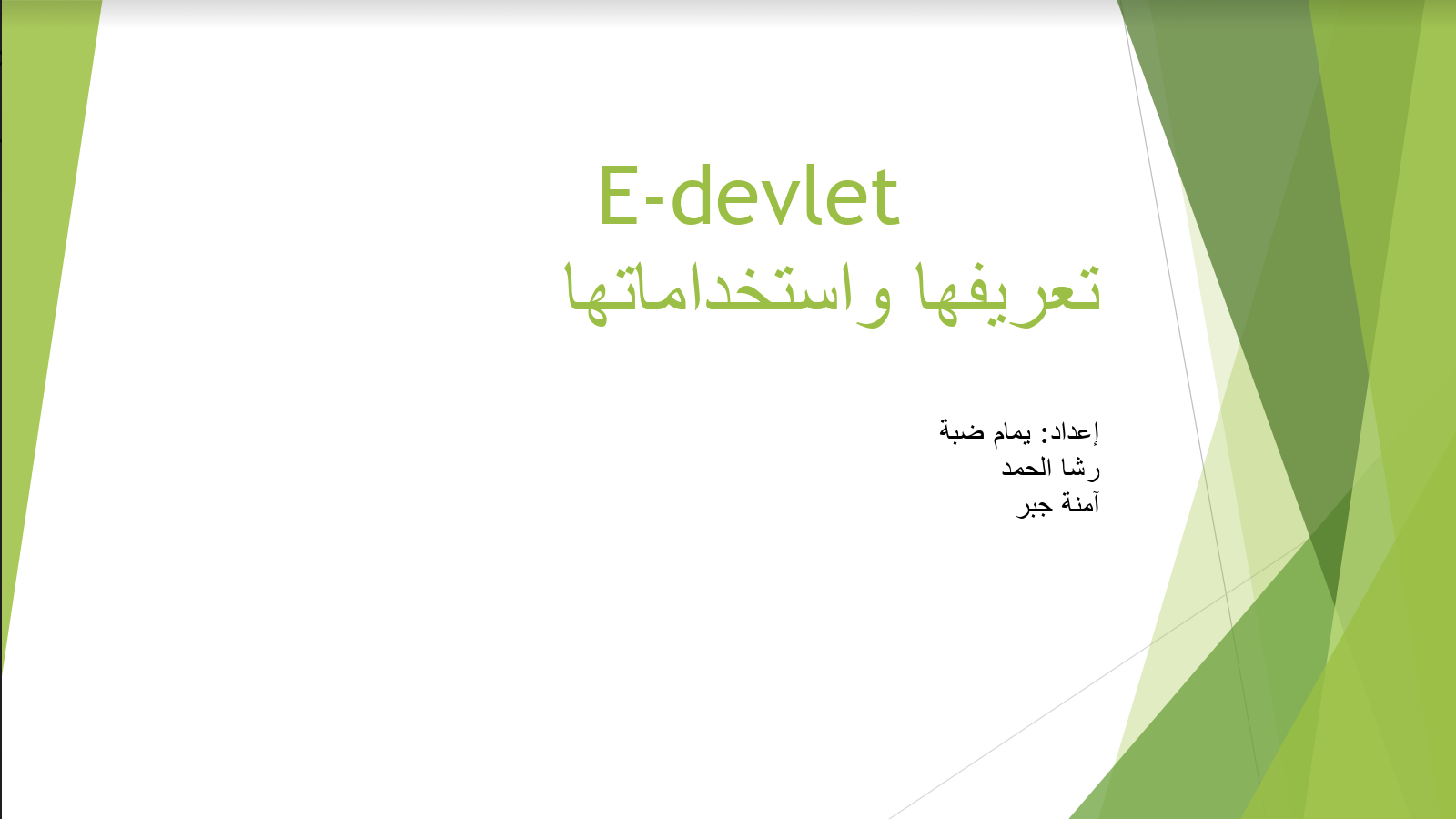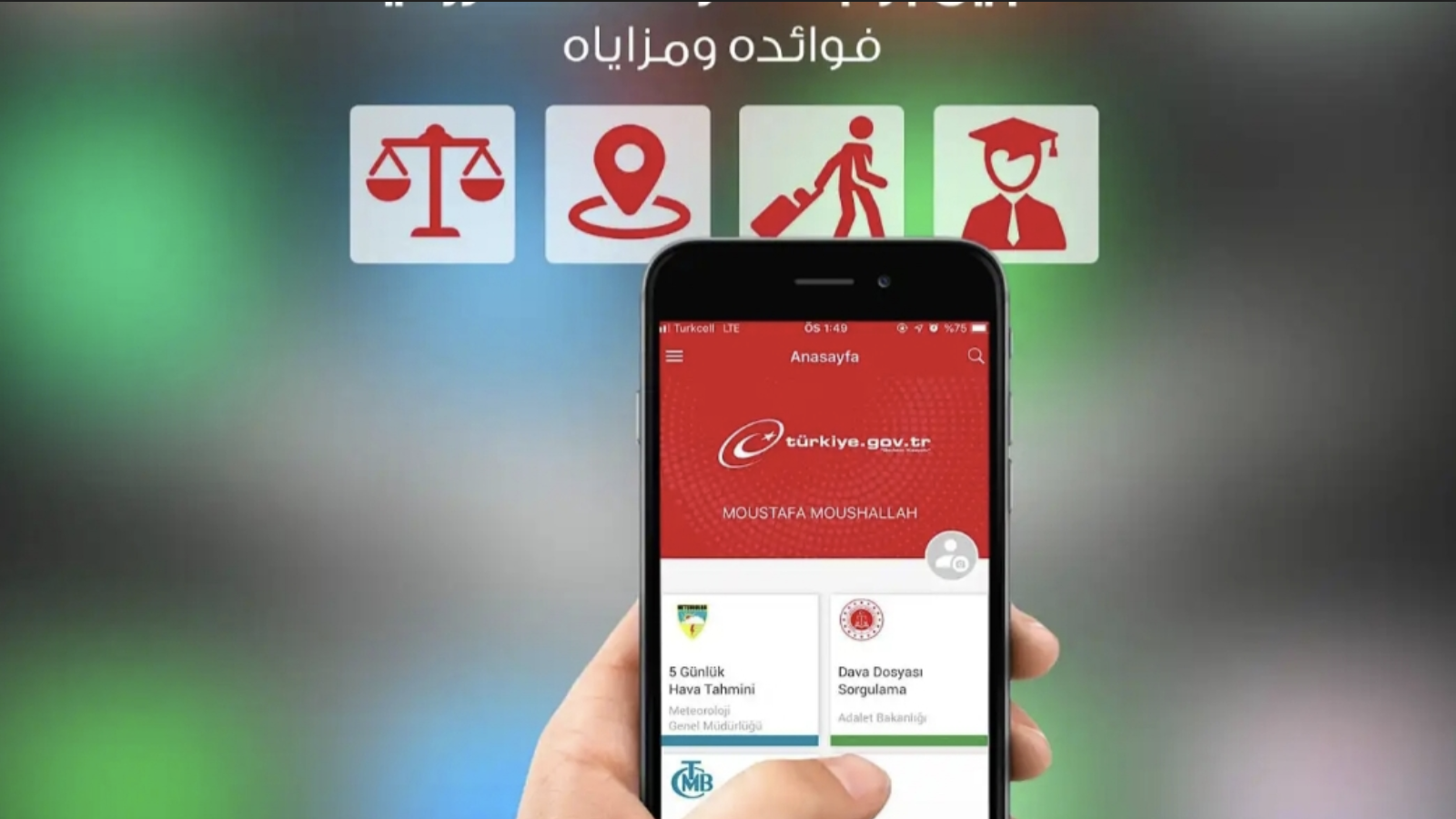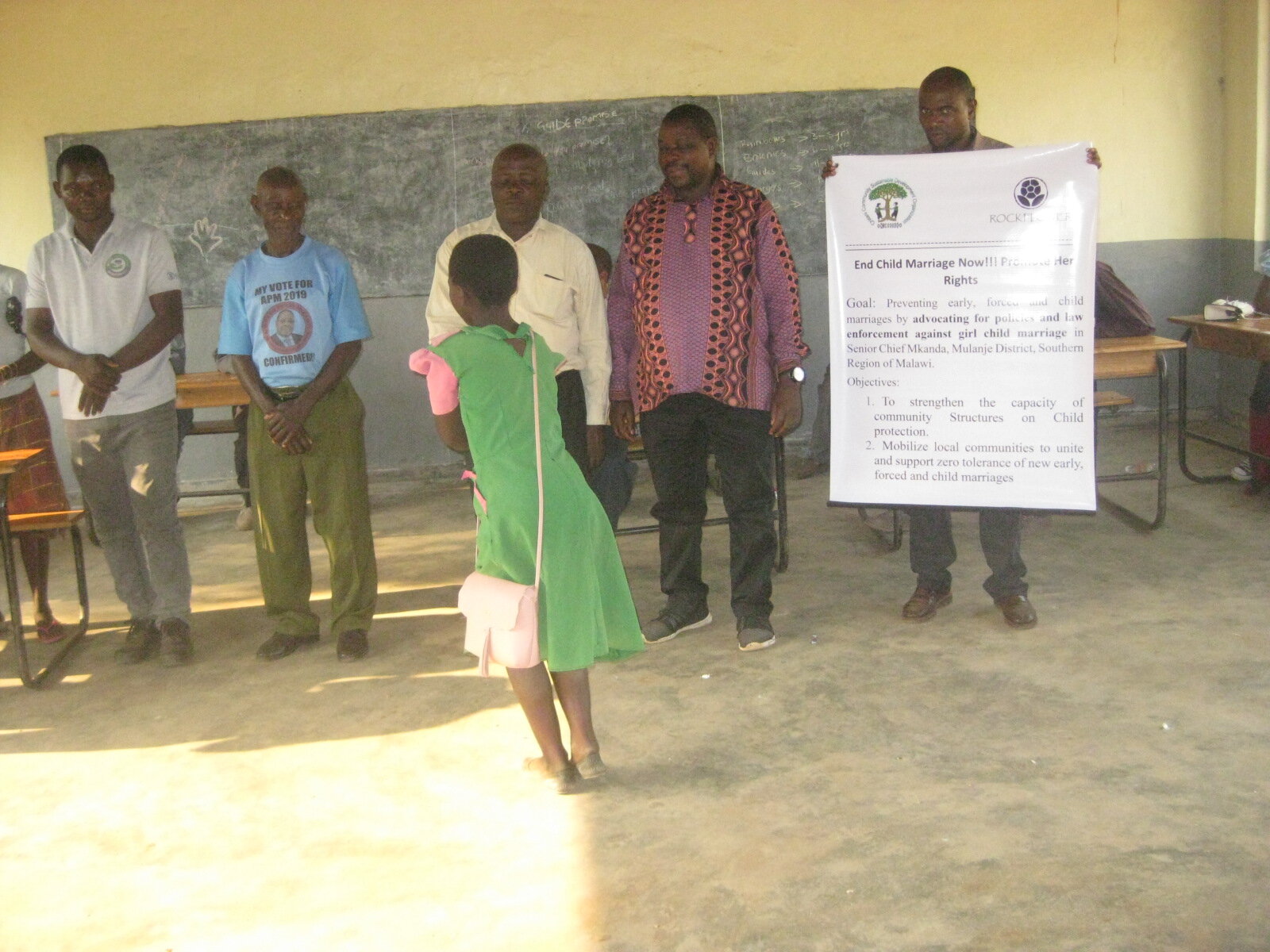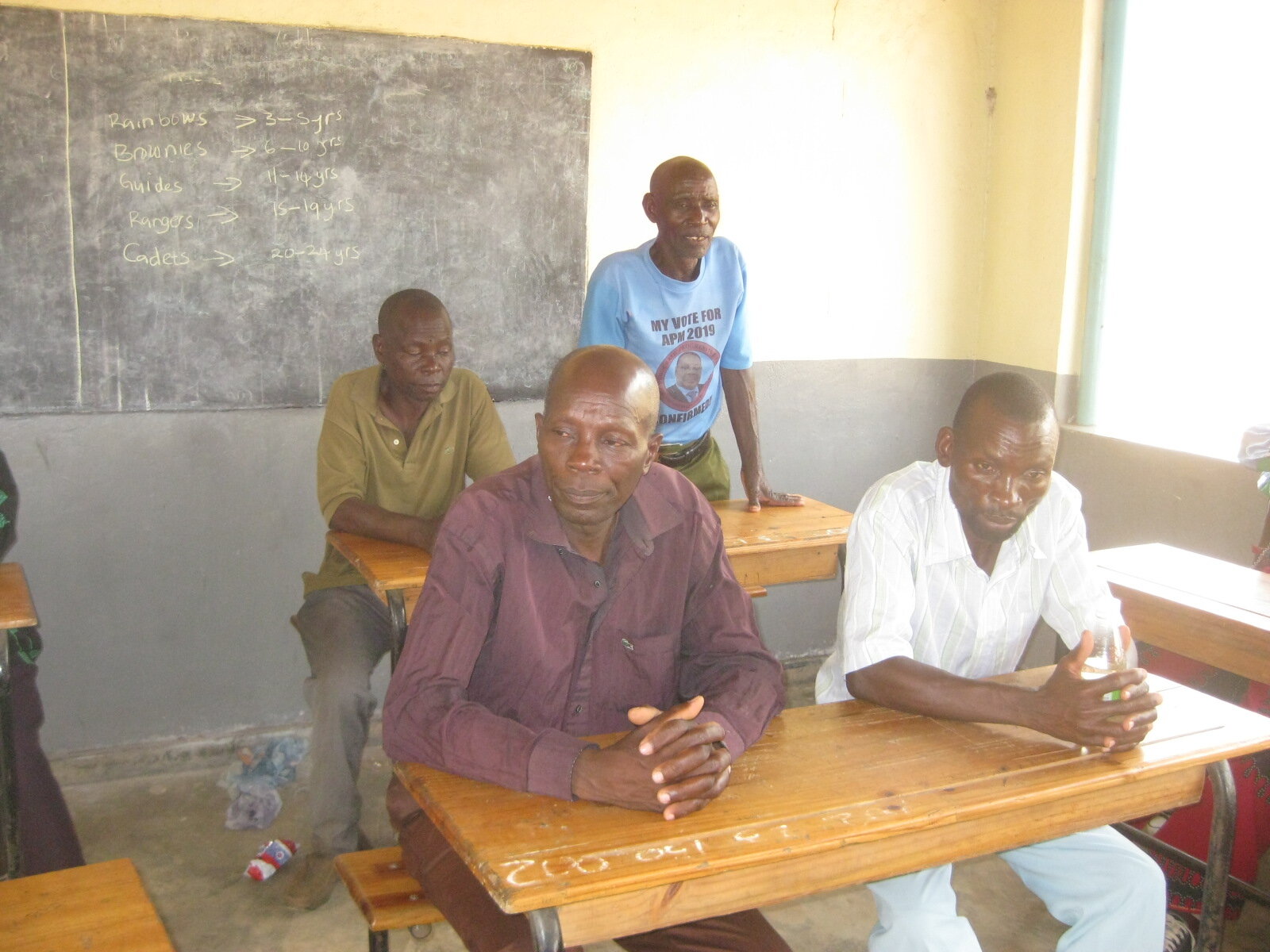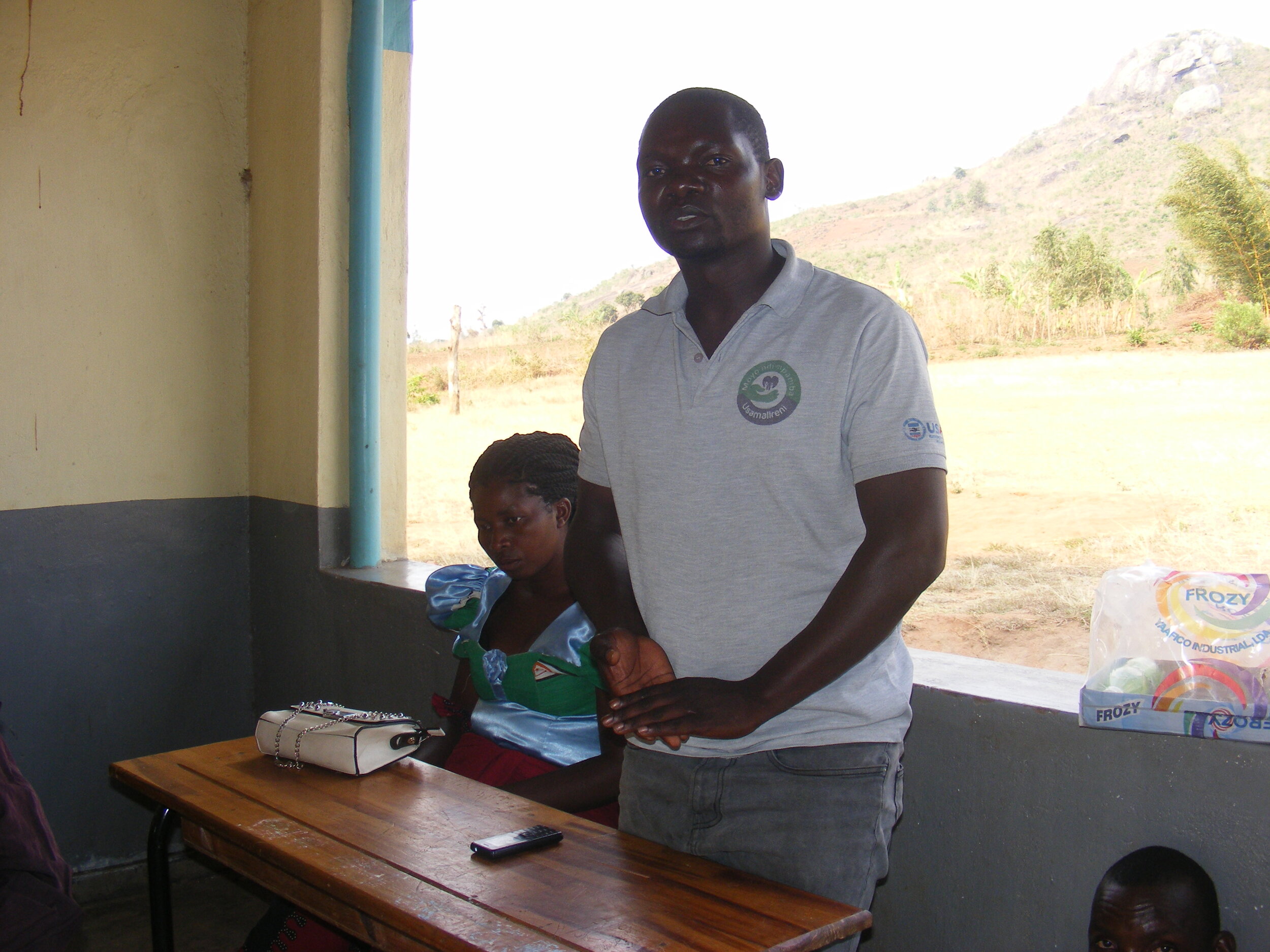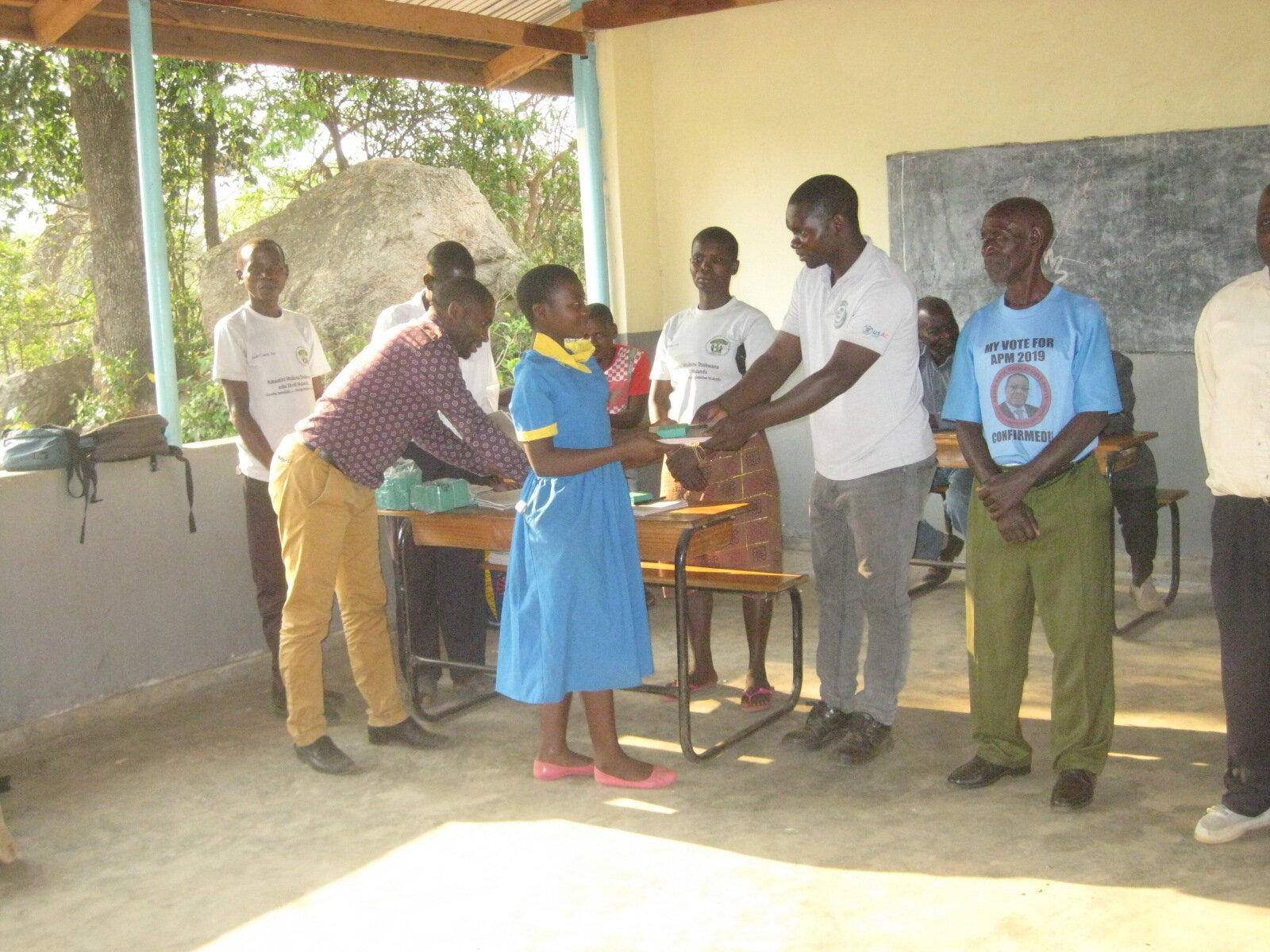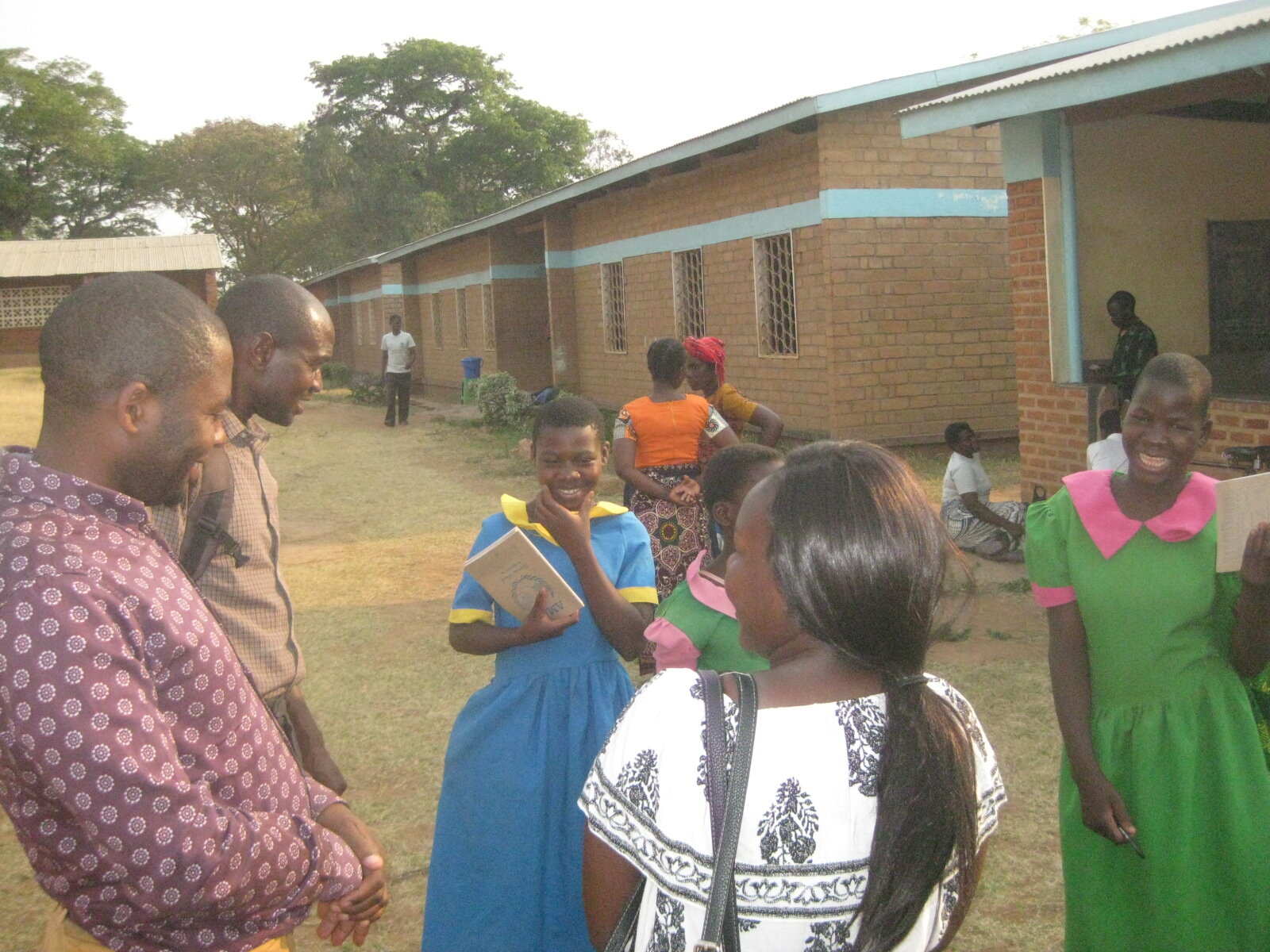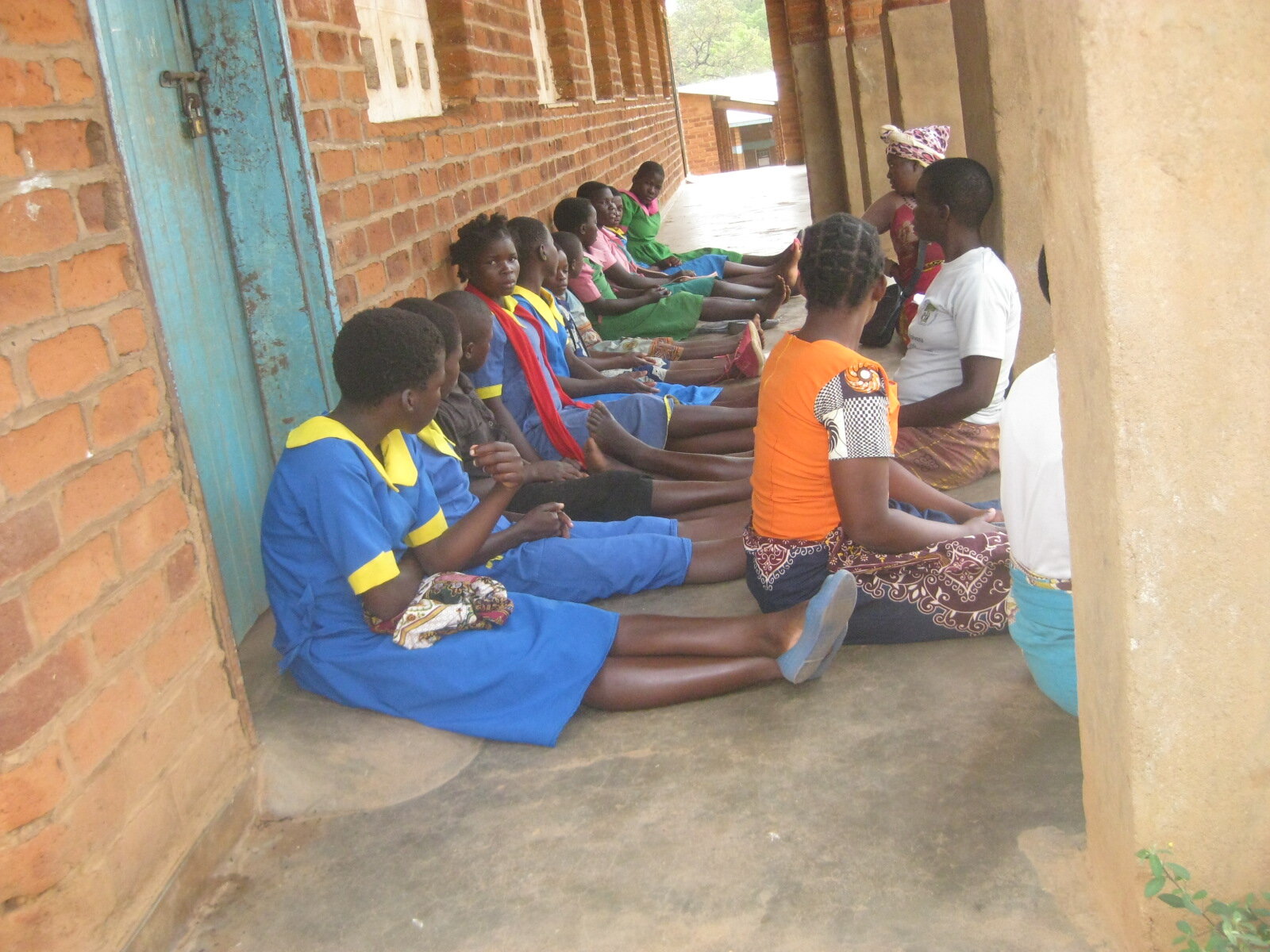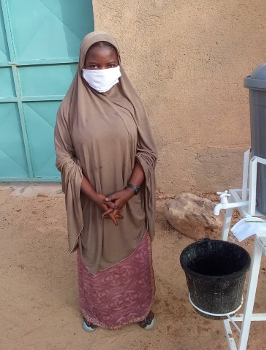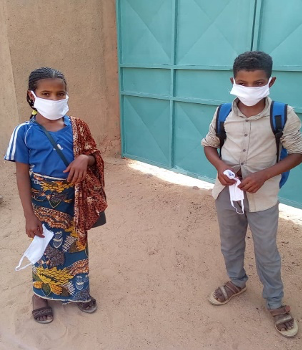Rockflower is pleased to announce the completion of the successful “Weaving with YWISD” project created by Youth and Women Initiative for Sustainable Development (YWISD), based in Uganda. This twelve-month project sought to improve the lives of 200 women in the Wakiso sub-county by providing educational training in weaving (baskets, handbags and wallets) and entrepreneurial skills.
The dedicated women of YWISD were able to achieve and even surpass all of the goals set forth at the onset of the project. These goals included:
- Promoting gender equality by empowering young women
- Reducing dependency among women by equipping them with income generating skills
- Reducing the number of chronically impoverished women by 80% in the Wakiso sub-county
- Positively impacting the environment by creating reusable replacements for polythene bags
Of course this project was not without its challenges. The biggest obstacles faced by YWISD in implementing this project were the onset of the COVID-19 pandemic, and their struggle to meet requests of the growing number of women looking to learn these skills. Due to COVID-19, the project was paused temporarily, but was able to later resume with guidance from healthcare workers. The work became even more critical at this point, as many were facing even greater economic hardship in the pandemic.
YWISD also faced an overwhelming number of requests to learn weaving skills, and they expanded their training to include not only young women and girls, but older women as well. However, their resources limited them in the number of women they could train. The organization is looking to scale the program moving forward, and are utilizing the help of the women who have already been trained to spread the knowledge they have learned in their communities.
The women involved in this project have faced an overwhelming number of struggles including extreme poverty, unemployment, a lack of education, single motherhood and many have been personally impacted by the HIV/AIDS epidemic. These women have now been provided with the skills necessary to support themselves and their families for a lifetime. The knowledge gained from this project is also being shared by participants in an effort to empower as many women as possible to achieve financial independence.
Nakatumba Joan, a twenty-one year old participant in the program explained, “I have been home for the last 3 years ever since I dropped out of school due to lack of school fees. I had never had a chance to learn any practical skills to change my life. People in this village have never taught anyone for free, but through YWISD and the help of Rockflower I am grateful for the skills which I acquired. I have already begun earning by selling my products. The market is readily available, and many people want my products. I also want to train as many youth as possible with the skills I have acquired so that they can overcome poverty too.”
Overall, this project drastically improved the lives of the 200 women who have been trained in weaving and entrepreneurship, and these women are continuing to pass forward the skills they have learned. Looking ahead, YWISD will continue to monitor the success of participants and will continue growing their program in other parts of Uganda. They plan to find new markets for women to sell their products in, and to diversify their training to include shoe-making. Rockflower is deeply inspired by the work of the women at YWISD and looks forward to their continued success in empowering women to overcome poverty.








